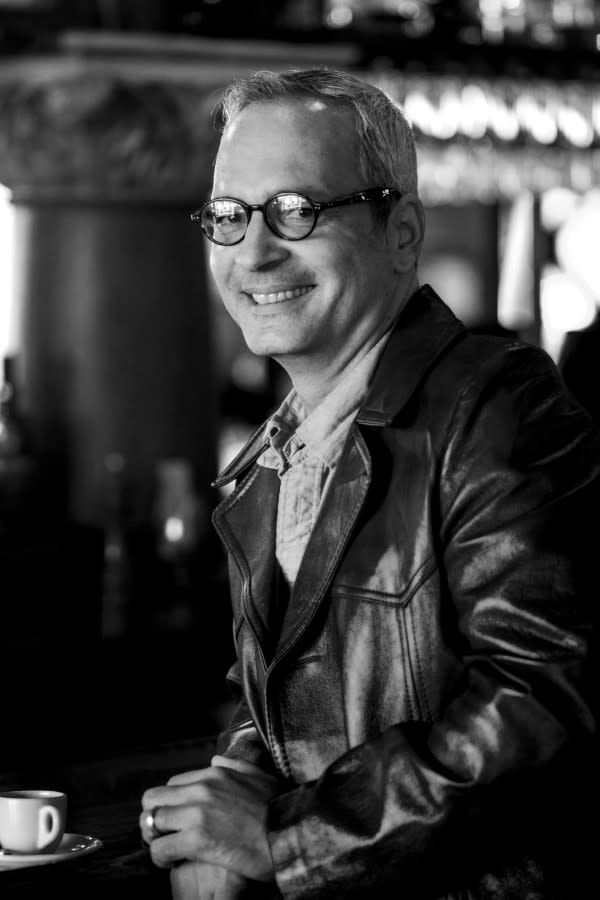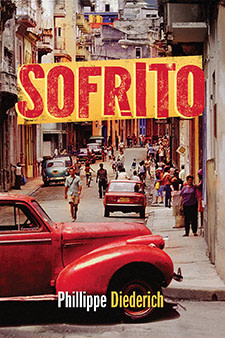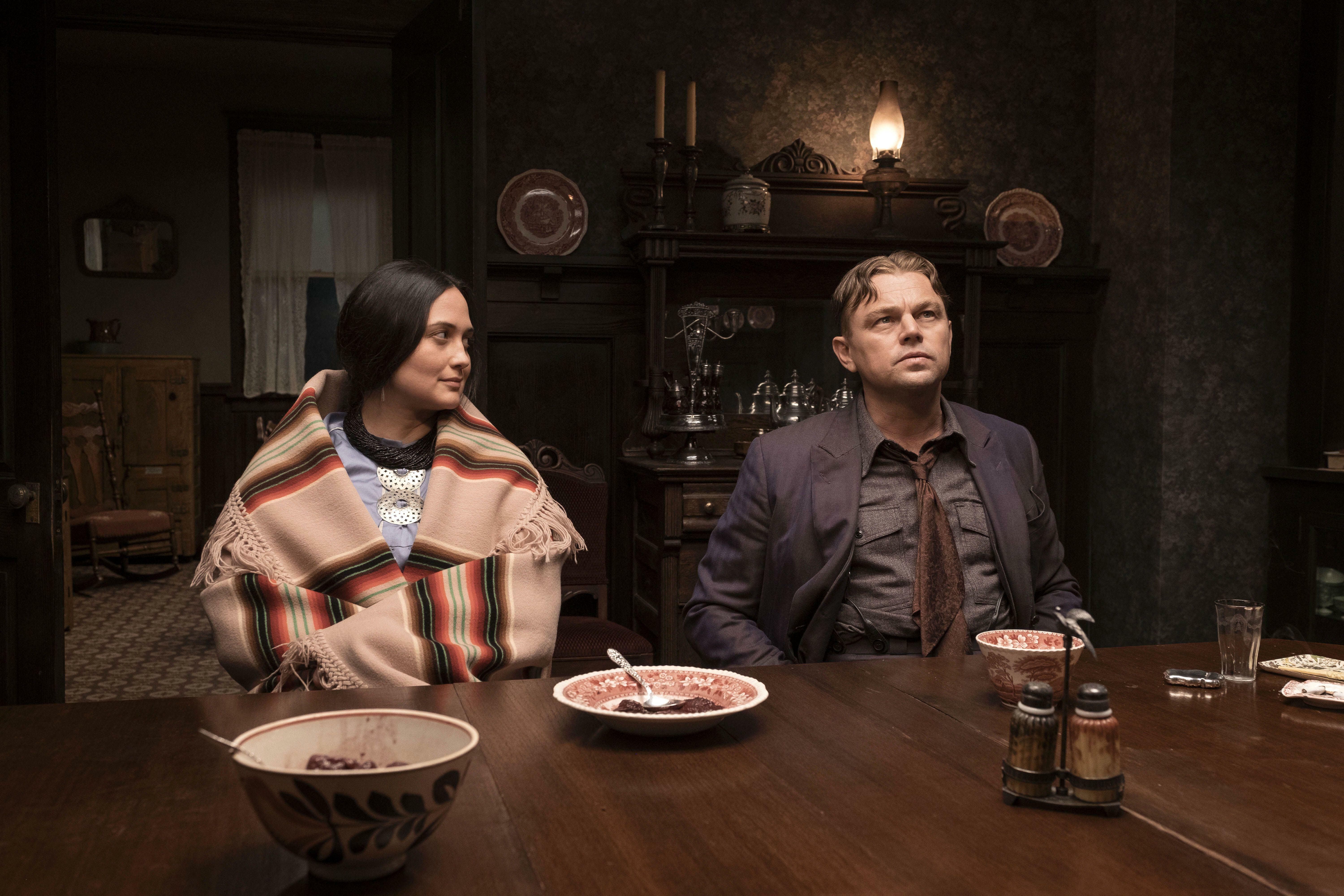Sarasota Author Phillippe Diederich Publishes His First Novel

Contributing editor Phillippe Diederich, who just won two statewide awards for public service journalism (a first place from the South Florida Society of Professional Journalists and a third-place from the Florida Magazine Association), for his “Fairness in the Fields” in our September 2014 issue, is the author of a new novel, Sofrito. His wife, Lorraine Ladish, interviewed him about the novel, his first; a version of this interview was published in the Huffington Post. We loved the insight—and intimacy—of their conversation and wanted to share it with you.
Phillippe Diederich is a Haitian-American writer and photographer born in the Dominican Republic and raised in Mexico City and Miami. His short fiction has been published in numerous literary journals and was awarded the 2013 Chris O'Malley Fiction Prize from The Madison Review. His debut novel Sofrito has just been released by Cinco Puntos Press. Behind this novel are hours, weeks, months and years of work, part of which I have witnessed. Phillippe is the editor of Viva Fifty!--and he's also my husband. I admire his drive and persistence in seeing this long project through. His second novel, Playing for the Devil´s Fire, also by Cinco Puntos Press, will be released in February of 2016.
Lorraine C. Ladish: You published your first book, Sofrito, at 50. How does that feel?
Phillippe Diederich: Well, it wasn't quite planned that way. Since I wrote the first draft of the novel when I was in my mid-30s, I figured it would have been published long before I turned 50. But when you have the writing bug, you just keep going. So subsequent revisions, years of rejection and more revisions finally came to a head a year ago when [publisher] Cinco Puntos accepted Sofrito for publication. Still, I feel like a college grad who's just landed his dream job. I feel this finally validates a lot of hard work and sets me on the career path of my dreams, to be a novelist. Better late than never.
LL: What inspired you to write Sofrito?
PD: Cuba. I spent a lot of time in Cuba in the 1990s while I worked as a photojournalist. So the streets of Havana and a number of the characters that made it into the book were fresh in my mind from a decade visiting Cuba. I also lived in Miami on and off between 1980 and 1999. So Miami and my Cuban exile friends were also a big part of what inspired me. Specifically, I had a friend who knew nothing of the ordeal his parents went through at the time of Castro's revolution and afterward. It was hard for me to believe that. My own parents were kicked out of Haiti in 1963 by the dictatorship of Papa Doc Duvalier. I was born the following year and lived with them while in exile in Mexico and later Miami. But my parents were very vocal about their exile. In Sofrito, I try to bridge these different stories of how and why people end up in exile and how it affects them, even the second generation.

LL: Why should we read it?
PD: It's a fun read. My primary goal as a writer is to create compelling and realistic stories. I want to take the reader on a journey. And in this day and age when fewer and fewer people seem to have the time and attention span to read a whole novel, I make an effort to give them something that's really entertaining. For me it's about the story. I've heard from a couple of readers that they had a hard time putting down the book. That's what I strive for. People can read it for the mystery; or for the journey into Cuba, to learn about the many polarizing sides of the U.S./Cuba political issue; they can read it because they're foodies and the book revolves around food as a theme. There are many reasons to read it.
LL: How long did it take to write the book?
PD: It took me about two or three months to write the first draft. I laid out the story, but the book was terrible. Still, I knew I had a story. I was still learning to write so there was a long process of revision. About two or three years later I felt it was done. But it still had a lot of problems. I put the book aside for a few years, then picked it up again and did further revisions and so on.
LL: What type of discussion could Sofrito elicit in a book club?
PD: It's multi-layered as a plot. One can discuss life in the streets of Havana, food, Cuba's broken economy or the main character's relationship with women, love and heartbreak. I hope people will discuss the pain and suffering that comes from living as an exile. To me, the book is about how we make choices based on politics and love. There are forces much greater than us out there, and we fall into these places and positions that define us for the rest of our lives. I think Sofrito also offers a lot in terms of how different people view the U.S./Cuba political question.
LL: What would you tell aspiring Latino authors?
PD: Write, revise, persevere. It's very difficult to write and get published. I can't imagine it being easy for anyone. It certainly wasn't for me. But I wrote and revised a lot. When I say a lot, I mean I rewrote pages over and over, year after year. Through the years Sofrito collected more than a hundred rejections. So it's not easy. It's about striving to get better, about making your manuscript the best it can be, and about perseverance and taking rejection in stride. I look back at Sofrito's journey to publication and it would have been quite terrible had it been published in its original form five years ago.
LL: Finally, your story on the Fair Food Program (“Fairness in the Fields”) for Sarasota Magazine just won two awards for best public service journalism in a Florida magazine. How does it feel and how does your journalism work influence your fiction—or is it the other way around?
PD: Well, first off, I was very happy to lean that the story on the Fair Food Program won an award. It’s always nice to know your work is being recognized by your peers, but this is especially true of this story. Pam Daniel, the editor of Sarasota Magazine, gave me the assignment knowing I had an interest in the plight of migrant workers. It is also a positive story and that in itself is very motivating. The folks with the FFP are doing a terrific job of changing and monitoring the way we treat farm workers in Florida and elsewhere.
As for how journalism influences my fiction or the other way around, that’s easy: they both influence each other tremendously. My work as a journalist and photojournalist heavily influenced Sofrito, as well as my next novel, Playing for the Devil’s Fire. Working in the field places ideas in my head. It’s like research. Sofrito was heavily influenced by a decade of working in Cuba. And writing fiction has helped me understand how to pull a thread along a narrative. But I guess the more writing I do the better writer I become. At least I hope this is true.
Follow Lorraine C. Ladish on Twitter @lorrainecladish.



